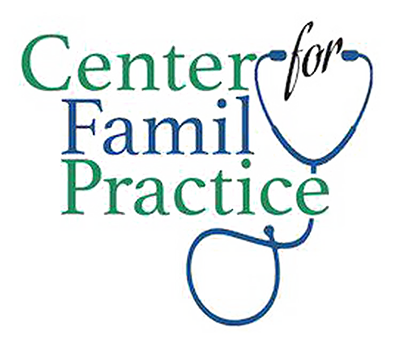PRP stands for platelet rich plasma. We now have a special centrifuge in the office that spins the blood at such a fast rate that it separates the plasma from the red blood cells. The plasma that is left over is rich in growth factors and we can use this for stimulating collagen on the skin and for the treatment of alopecia and joint disease. This technology can also be used to treat sports injuries.
Platelet-Rich Plasma (PRP) Injections
Platelet-rich plasma (PRP) injections are gaining popularity for a variety of conditions; fromorthopedic injuries and tendonitis to hair loss. The treatment uses a patient's own blood
cells to accelerate healing and regeneration.
In recent years, doctors have learned that the body has the ability to heal itself. Platelet-rich
plasma therapy is a form of regenerative medicine that can harness those abilities and
amplify the natural growth factors your body uses to heal tissue.
In the past we have used steroids and NSAIDs to help heal injuries. We are finding that
these treatments inhibit the body's ability to properly heal. Now with PRP, we are hyper-
focusing the body's "healing cells" to the site of injury, to yield expedited regeneration and
healing.
What is platelet-rich plasma (PRP) and whatare PRP injections?
Platelet-rich plasma (PRP) therapy uses injections of a concentration of a patient's own
platelets to accelerate the healing of injured tendons, ligaments, muscles and joints.
Platelets contain numerous healing factors.
PRP injections are prepared by drawing a tube of the patient's blood and running it through
a centrifuge to concentrate the platelets. These activated platelets are then injected directly
into the injured area. This releases growth factors that stimulate and increase the number ofreparative cells your body produces.
PRP has also been demonstrated to improve function and reduce pain in people who have
tendonitis conditions such as tennis elbow or golfer's elbow.
Some of the key advantages of PRP injections are that they can reduce the need for anti-
inflammatories or stronger medications like opioids. In addition, the side effects of PRP
injections are very limited because, since the injections are created from your own blood,
your body will not reject or react negatively to them.
If you are considering PRP injections, be sure to talk with your health care provider about all
the benefits and risks.
